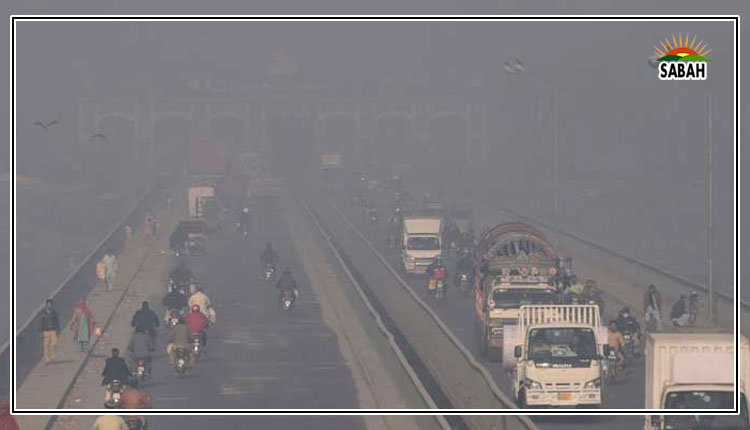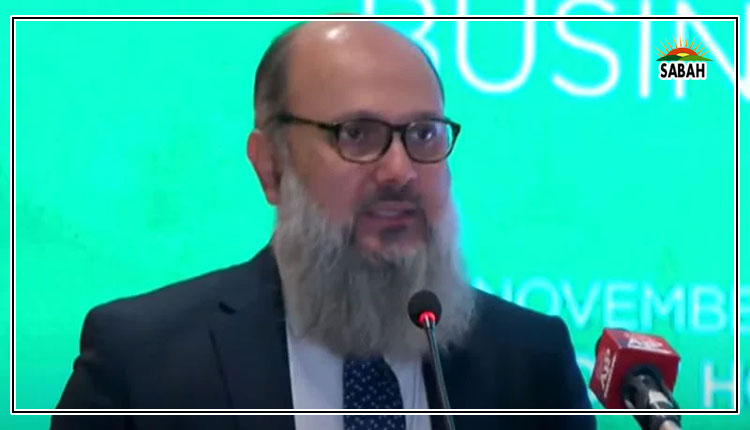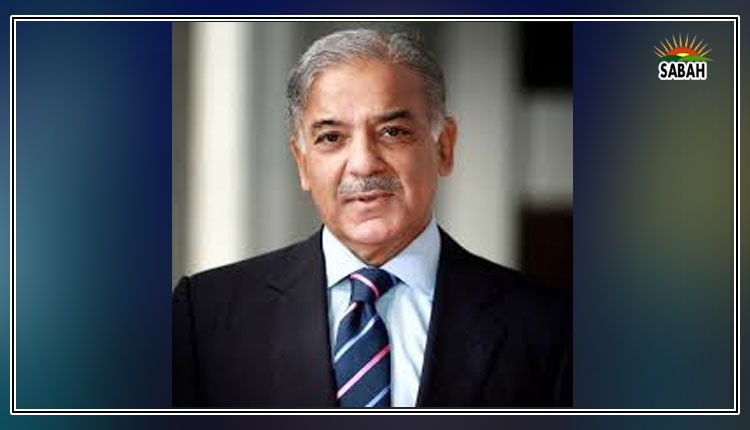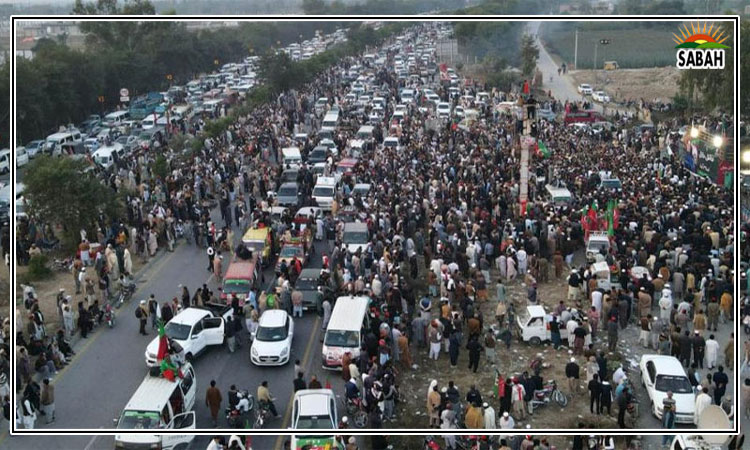Silent on climate change…Muhammad Hamid Zaman
A year ago, as the waters of the catastrophic floods destroyed homes and lives, there was a sudden interest in the country in climate change. Some were talking about the inevitability of similar events happening at short intervals, others were starting a campaign to get the rich countries to pay for the damage in Pakistan. A year later, according to Unicef, eight million people about have of them children still do not have access to safe and clean water. Friends who are clinicians working in Sindh paint a picture of misery, poverty and state apathy. Doctors working on the ground would repeatedly speak of unimaginable disaster and tragedy. Malnutrition, dehydration and exposure to deadly diseases continue to impact millions. The problem of climate change did not get resolved since the floods, but why is it that all of a sudden the entire national chorus on climate went silent?
There are three reasons why the climate change-floods discussion did not get traction beyond the first few weeks.
First, the discussion was dominated by hyperbole and not facts. There were few robust studies to back the claims the government and those in the media made. Experts on climate change were not entirely convinced of the government claims. This is not to say that climate change is not responsible for adverse weather events. Indeed, climate change has led to unusual weather patterns and the impact is substantial, but the destruction was not simply because of rising temperatures and unusual rainfall patterns. It was also decades of poor planning, corruption and lack of preparedness. Children are ill, and diseases are rampant in the provinces not just because of heavy rains. These things were an acute problem well before the first episode of the 2022 floods. It is because communities have been denied their basic rights of education, health, safety and well-being for generations. The climate angle, without a recognition of our own failure in governance, was unlikely to convince experts, domestic and foreign.
Second, trust deficit in country and abroad also played a role. Our own trust in the government remains low, and there are some good reasons for that. So when government played the climate card, there were many who saw that as a way to divert attention from its own failures. International opinion was unfortunately no better.
But perhaps the strongest reason is our own lack of interest. By early fall of 2022, national media was no longer interested in the story of the communities that were suffering. The poor, after all, do not make for a good primetime story. The government entities went back to business as usual and the national conversation went back to its default mode: political intrigues, bombastic statements and predictions about the political future of politicians, parties and their supporters. Communities continued to suffer with outbreaks of disease, lack of basic water and sanitation, and no reliable and stable housing situation was available for millions. The country that was unaffected, however, had moved on. While English newspapers would run a story once in a while, Urdu newspapers and national news programmes were even more apathetic and rarely discussed what was happening to those who had lost homes, loved ones and more recently all hope. In January 2023, for a brief period, there was once again a discussion of the devastating floods as donors pledged their support, but that too died down quickly. The fact that most of those pledges remain unfulfilled should also surprise no one. As the interest in the situation collapsed, inevitably, the conversation on what caused the floods also evaporated. Today, only a handful of NGOs have continued to talk about climate change and have kept the broader issue alive. The issue of climate change is real, urgent and serious. Discussing it opportunistically, without backing it with the concern of those who are adversely affected, will only increase the doubts about the honesty of our narrative.
Courtesy The Express Tribune












